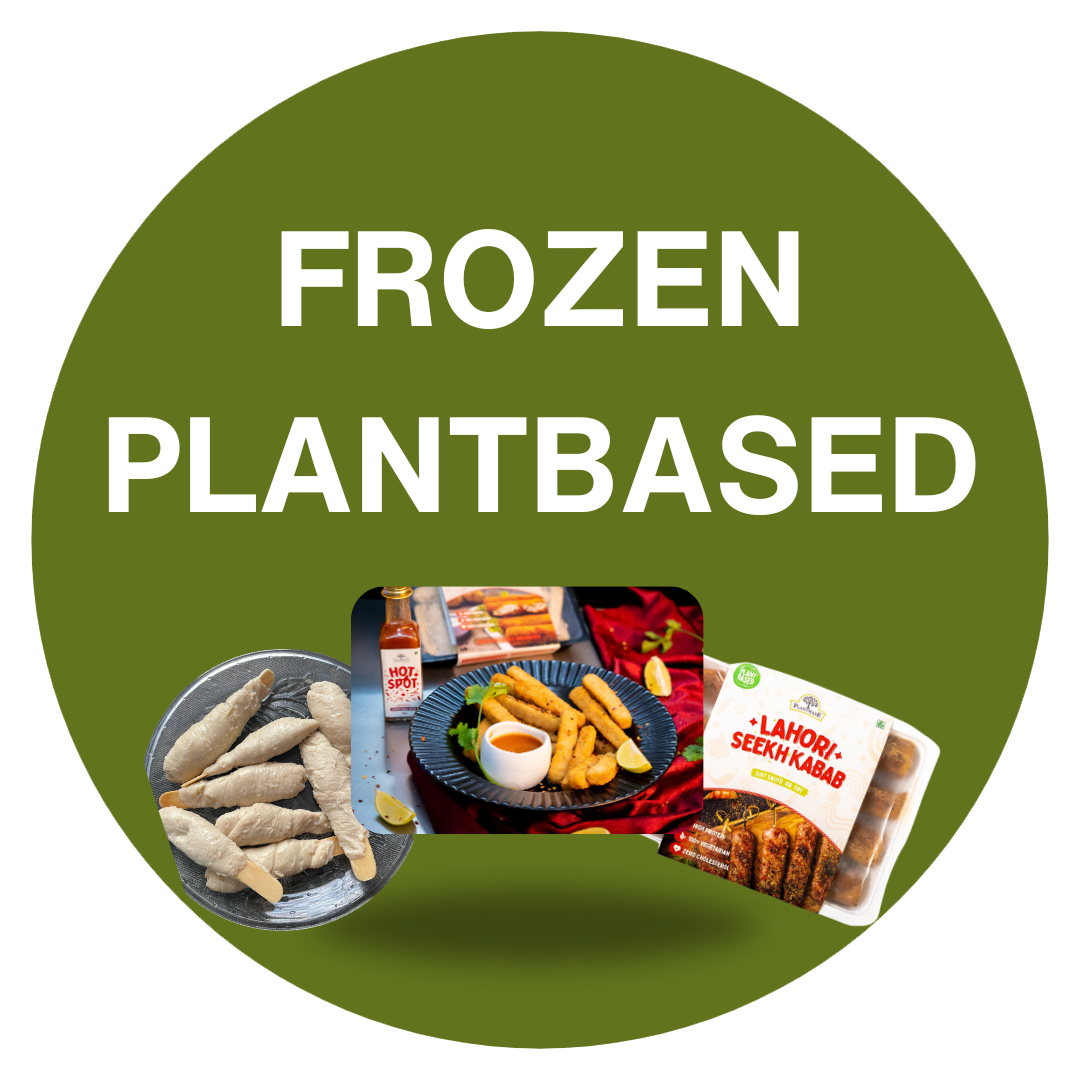The coronavirus that brought COVID19, a global pandemic had halted the universe as we know it for a long time. The origin is a virus (SARS-CoV-2), which is most likely to spread around the world from animals to humans. The drastic global effect is demonstrated by the increasing number of cases and deaths which pushed health services beyond their human limits. Public life, services, development and commerce were severely limited as well as domestic and foreign travel. In addition, extreme and long-term impacts, for example, large employment cuts, industry exits and global recessions, all having profound impacts over the last year are unavoidable. A plant based diet may decrease the incidence of a potential future pandemic.
What is Pandemic?
Before moving on let me talk about Pandemic meaning. Classical scientific literature and health organisations define pandemic “an epidemic occurring worldwide, or over a very wide area, crossing international boundaries and usually affecting a large number of people”. Pandemic and epidemic mean the same thing. Just that their areas of impact differ. Pandemic impacts a larger area.

What is zoonosis?
According to WHO, an infectious disease that has swung from a human beast to humans is zoonosis. Zoonotic diseases may be infectious, viral or parasite, or include unconventional substances. They can be transmitted to humans either directly or through food, water or the atmosphere. It is a significant public health issue worldwide because of our intimate ties with animals in agriculture, as allies and in the natural environment.
Zoonoses forms a significant proportion of all recently discovered and even known infectious diseases. Several illnesses, including HIV, originate with a zoonosis, but later became human strains. Other zoonoses, including Ebola virus disease, can cause repeated outbreaks of diseases. Other infections are expected to be caused by global pandemics such as COVID 19. Spanish flu, Black Death and Plague of Justinian are among the list of pandemics that have created havoc globally. They killed over a hundred million people across the globe.
How Eating Animals Increases The Risk Of Pandemics?
The creation of a novel communicable disease can be aided by a single interaction between a human being and a sick animal. Zoonoses, such as Ebola, Zika virus, SARS or MERS are often referred to as pathogens that are spread from animals to humans.
This is capable of evolving in a relatively short period from an infection to a pandemic. In the end, a worldwide emergency is leafed by diseases such as COVID-19. This implies, that there is substantial risk in our animal intake. It also means the plant-based approach, the global food turnover, is contemporary, affordable and highly important as it deals with a major cause of the current crisis.
However, when a human meets a virus, the individual has no protection against the virus. That is why there are currently thousands of people who die of coronavirus, a disease which most probably started from bats, sprung up and finally came to us. The next great virus laughs around the corner and awaits the first animal-to-human zoonotic outbreak. The most recent epidemics have resulted from two sources: industrialized and deforested animal production.
How Does Pathogen Spread Between Animals and Increases?
Traditional methods of contamination with germs that can cause zoonotic illnesses are important to know.These methods are following
- Direct touch: Contact with the infectious animal's saliva, vomit, urine, mucous membrane, faeces and other body fluids. Examples include animals being petted or handled, and cuts or bruises.
- Indirect touch: Contact with environments in which animals live and roam or with germ infected items or surfaces. Examples include water tanks for aquariums, pet environments, poultry farms, barns, trees, soil, as well as food for pets and water dishes.
- Vector-borne: Getting attacked by a tick or a moth or flea beetle.
- Foodborne: Eator drink food that is unhealthy, like unpasteurised (fresh) Milk, meat or eggs that have not been processed. Or consuming raw fruits and vegetables polluted by tainted animal waste.
- Waterborne: To drink water that is tainted with faeces from an infected animal or to come into contact with it.
Plant Based Diet For Avoiding Future Pandemics
Most of us are rethinking our everyday lives because of Coronavirus pandemic. Can our diet get a second look as well? If we want to shake it up, it's a common diet today and a strategy that needs to be considered when we go on plant - that is to cut down on animal products. There' s a fair chance we haven't heard about plant food for the first time. But does it actually help improve the immune system and save you money? And obviously, a strong immunity is the key to avoiding and fighting the future pandemic. The hype is real, turns out. And it could be the best time to take a shot during a worldwide pandemic.
s a fair chance we haven't heard about plant food for the first time. But does it actually help improve the immune system and save you money? And obviously, a strong immunity is the key to avoiding and fighting the future pandemic. The hype is real, turns out. And it could be the best time to take a shot during a worldwide pandemic.
Immunity on a Plant Based Diets: Worth The Hype?
- According to a study published in the International Molecular Journal in June2017, researchers found that spices such as clove, oregano, thyme, cinnamon and cumin have antifungal and antimicrobial properties. They help prevent the growth of food spoiling bacteria, like Bacillus subtilis, harmful fungi such as Aspergillus flavus and antibiotic-resistant microorganisms including Staphylococcus aureus.
- As per theAcademy of Nutrition and Dietetics,food containing zinc, folate, iron, selenium, copper, and vitamins A, C, E, B6 and B12 boost immunity. In support of immune function, to fight future pandemics each of these micronutrients has a specific role. The immune health of the protein is also important. Protein amino acids help build and hold the immune cells, and the ability to combat pathogens will decrease if this macronutrient is skimped.

- According to astudy published in November 2017 in Nutrients, research indicates that vitamin C deficiency can increase the risk of infection. Our bodies do not make this essential, water-soluble vitamin themselves, so we have to get it through food (such as citrus fruits, kiwis, and several cruciferous vegetables). We can get a half-cup of red pepper, according to the NIH, for around 95 milligrams (mg), or 106 per 100 of the daily vitamin C as we require
- When it comes to a balanced immune health diet, we should work on adding more seasonal and local vegetables to soups and stews, smoothies and salads. Add fruit too. Eat fruits and vegetables raw like snacks.
Plant Based Diet For Avoiding Future Pandemics

In India, an NGO called Ahimsa Trust launched a Digital Campaign"Plants Are Power" to encourage Indian people to move towards a more sustainable lifestyle. Celebrities such as Lisa Haydon, Neha Dhupia etc. have supported this campaign.
In support of the Federation of Indian Animal Protection Organizations (FIAPO) to encourage the transition to a plant based diet, 'Plants Are Power' carries with it a 21-day challenge.The challenge invites the public to sign up for a plant based diet for 21 days. Participants should either go for themselves or use the recipes available on the campaign website and via e-mail. This easy challenge may be the first step towards a healthy way of living, which has a positive effect on our world too.
Looks like we can conclude that yes, plant based diet can help us avoid the future pandemic.
More from the author
Celebrities Following a Strict Plant Based Diet




